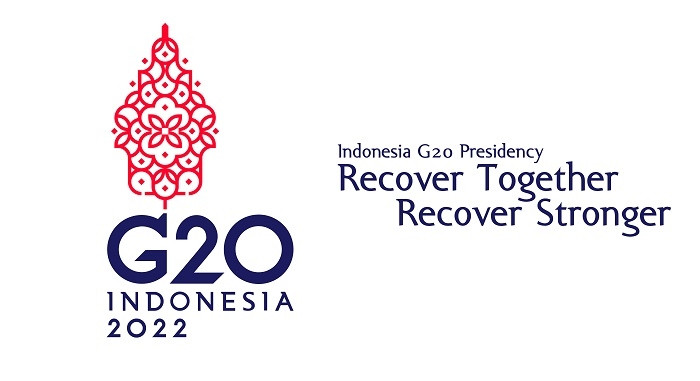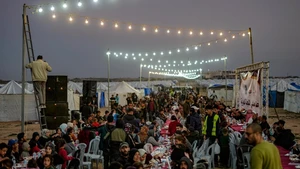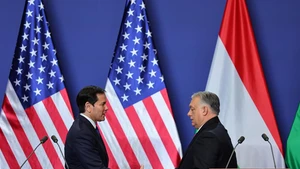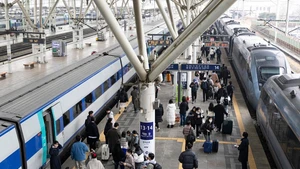"Every person on this earth who travels... can do so more efficiently," minister Budi Gunadi Sadikin told a news conference at a G20 health meeting in Yogyakarta, where standardising requirements is being discussed.
Indonesia proposal, however, is that standardisation must still adhere to COVID-19 policies of respective countries, including which vaccines, tests, or testing authorities they would recognise, he said.
"The principle remains that we respect sovereignty of all nations," he added.
Budi said Indonesia had discussed harmonising protocols also with the Association of Southeast Asian Nations (ASEAN) and the European Union, for travel between both regions.
His remarks come as many countries relax restrictions to try to revive tourism and business travel, including Indonesia, which last week waived quarantine requirements after two years of tight border controls.
Speaking at a separate news conference in Yogyakarta, Garrett Mehl, head of WHO's Digital Health Technology Unit, said harmonising health protocols for travel was crucial and current situation was difficult.
"There is an enormous number of certificate types that are being issued and they aren't necessarily compatible with each other," he said.
A standardised system of certification "would ensure that it will be functional in another country and be trusted and be verifiable," he said.
"Right now that is a challenge."
Indonesia will group conference participants into four "bubbles" at the G-20 meetings it is hosting in Bali later this year, to minimise any spread of Covid-19, the Health Ministry said in a statement on March 25.
The ministry also announced that the summit will be pushed back to Nov 15-16, instead of in October as originally planned.
















